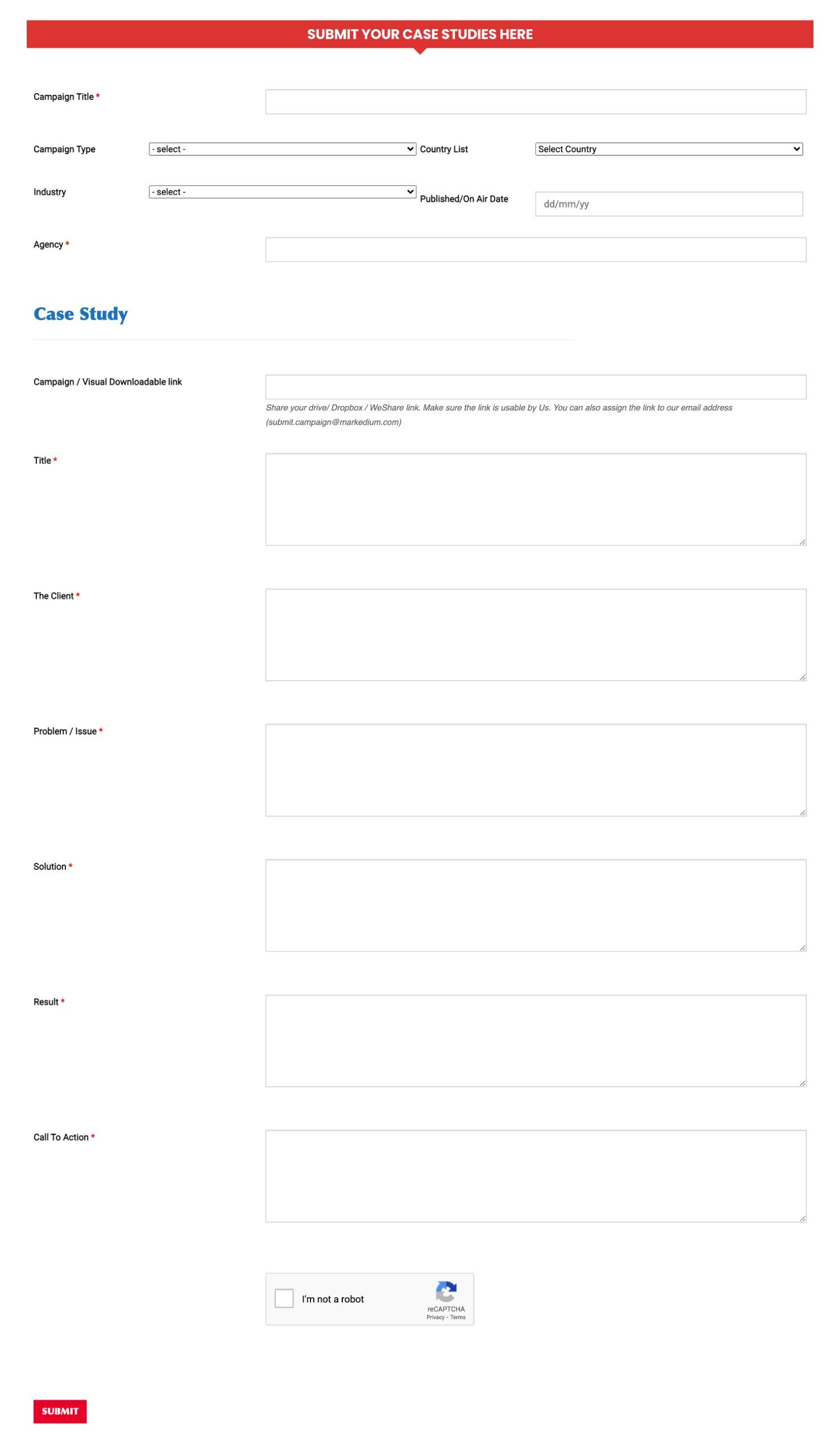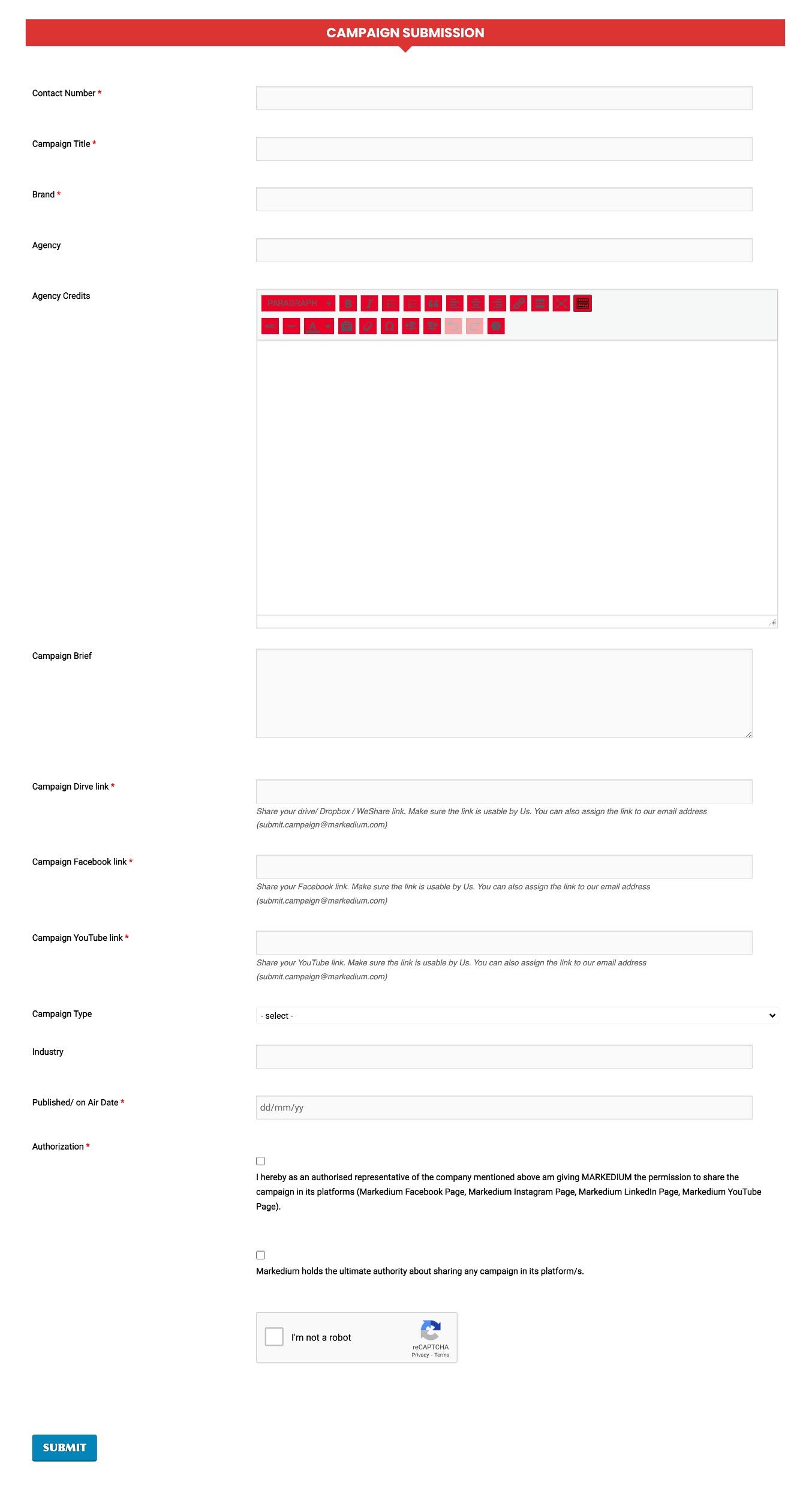
Money Transfers Among MFS Platforms are now Permitted, Thanks to Binimoy App5 min read
As interoperability across financial service providers becomes a reality today, customers of mobile financial service (MFS) providers can now transfer money to their rivals enrolled with other operators and banks. Thanks to Binimoy app.
Previously, if you had a bKash account, you couldn’t send money to someone who had an account with Rocket or another MFS provider. Additional limits had been imposed on their capacity to transmit money to bank accounts. Similarly, even if you had a bank account, you couldn’t make digital transactions with everyone who had different bank accounts. These barriers, however, are no longer existent as a consequence of the creation of Binimoy, a Bangladesh Bank-run interoperable digital transaction platform (IDTP).
At present, reportedly 13 MFS operators serve over 18 lakh account holders, sending approximately Tk 3,000 crore each day. The IDTP launched with three MFS providers – bKash, Rocket, and mCash – and one wallet – Tallykhata – as well as ten banks: the state-run Sonali Bank, Islami Bank, Pubali Bank, Brac Bank, City Bank, Mutual Trust Bank, Eastern Bank, UCB, Al-Arafah Islami Bank, and Midland Bank.
The others are likely to join gradually, according to Bangladesh Bank officials after Prime Minister’s ICT Affairs Adviser Sajeeb Wazed Joy launched the interoperability at the Radisson Blu Dhaka Water Garden hotel. Velwire Limited, Microsoft Bangladesh, and Orion Informatics Limited worked on the platform’s creation as part of the ICT Division’s and the Bangladesh Bank’s Innovation and Entrepreneurship Development Academy initiative.
As interoperability across financial service providers becomes a reality today, customers of mobile financial service (MFS) providers can now transfer money to their rivals enrolled with other operators and banks. Thanks to Binimoy app.
Previously, if you had a bKash account, you couldn’t send money to someone who had an account with Rocket or another MFS provider. Additional limits had been imposed on their capacity to transmit money to bank accounts. Similarly, even if you had a bank account, you couldn’t make digital transactions with everyone who had different bank accounts. These barriers, however, are no longer existent because of the creation of Binimoy, a Bangladesh Bank-run interoperable digital transaction platform (IDTP).
At present, reportedly 13 MFS operators serve over 18 lakh account holders, sending approximately Tk 3,000 crore each day. The IDTP launched with three MFS providers – bKash, Rocket, and mCash – and one wallet – Tallykhata – as well as ten banks: the state-run Sonali Bank, Islami Bank, Pubali Bank, Brac Bank, City Bank, Mutual Trust Bank, Eastern Bank, UCB, Al-Arafah Islami Bank, and Midland Bank.
The others are likely to join gradually, according to Bangladesh Bank officials after Prime Minister’s ICT Affairs Adviser Sajeeb Wazed Joy launched the interoperability at the Radisson Blu Dhaka Water Garden hotel. Velwire Limited, Microsoft Bangladesh, and Orion Informatics Limited worked on the platform’s creation as part of the ICT Division’s and the Bangladesh Bank’s Innovation and Entrepreneurship Development Academy initiative.
Things you should know about Binimoy to get the most out of it:
Customers must register with Binimoy using their bank, MFS, or financial institution accounts to access the platform. They will be assigned a virtual ID (VID) such as xyz@binimoy once they have enrolled. There is also the chance of obtaining a merchant (VID).
Users will be able to conduct two sorts of transactions with Binimoy. One example is Direct Pay (DP), which allows a consumer to transfer funds to another account. The other option is Request to Pay (RTP), which allows a consumer to obtain funds from other accounts. Moreover, they will be able to add numerous accounts to their Binimoy profile and must choose one as their default account.
A consumer must enter a six-digit PIN obtained during the registration procedure for each transaction. During data transportation, the Binimoy system will have three levels of security: transaction security (multi-factor authentication), message security, and channel security.
Transactions will be conducted only after identifying the legitimate mobile device user, PIN, and one-time password verification, making it technologically safe and encrypted, according to the BB. People in the industry praised the initiative.
At this instant, money transfers from MFS to MFS will cost Tk 5 for every Tk 1,000. Transferring the same amount to banks would cost Tk 10. The fee for transferring funds from an MFS provider’s account to a payment service provider’s account is Tk 5. Binimoy is a ground-breaking platform for developing digital financial transactions, a timely move among the government’s far-reaching efforts to construct a digital Bangladesh program. Customers, financial companies, retailers, government
organizations, and other payment service providers can use this system to conduct real-time transactions 24 hours a day, seven days a week.
Read more: Bangladesh will have no 3G network by 2023.
Binimoy has the potential to alter a variety of public and commercial services, including tax submission, bus-train-air ticket buying, road and bridge toll collection, e-commerce operations, and others. It will also assist in lowering transaction costs, increasing efficiency, and speeding up financial processes.
The exchange authorization criteria employed in Binimoy will validate each transaction and establish patterns analysis, making it more difficult to launder money, finance terror, and avoid tax. Additionally, Binimoy will promote the e-commerce sector by providing a cashless interoperable payment method. In short, Binimoy will connect all banks, MSF providers, and payment services in the country, ensuring transaction consistency across various payment service providers.
For more updates, be with Markedium.


